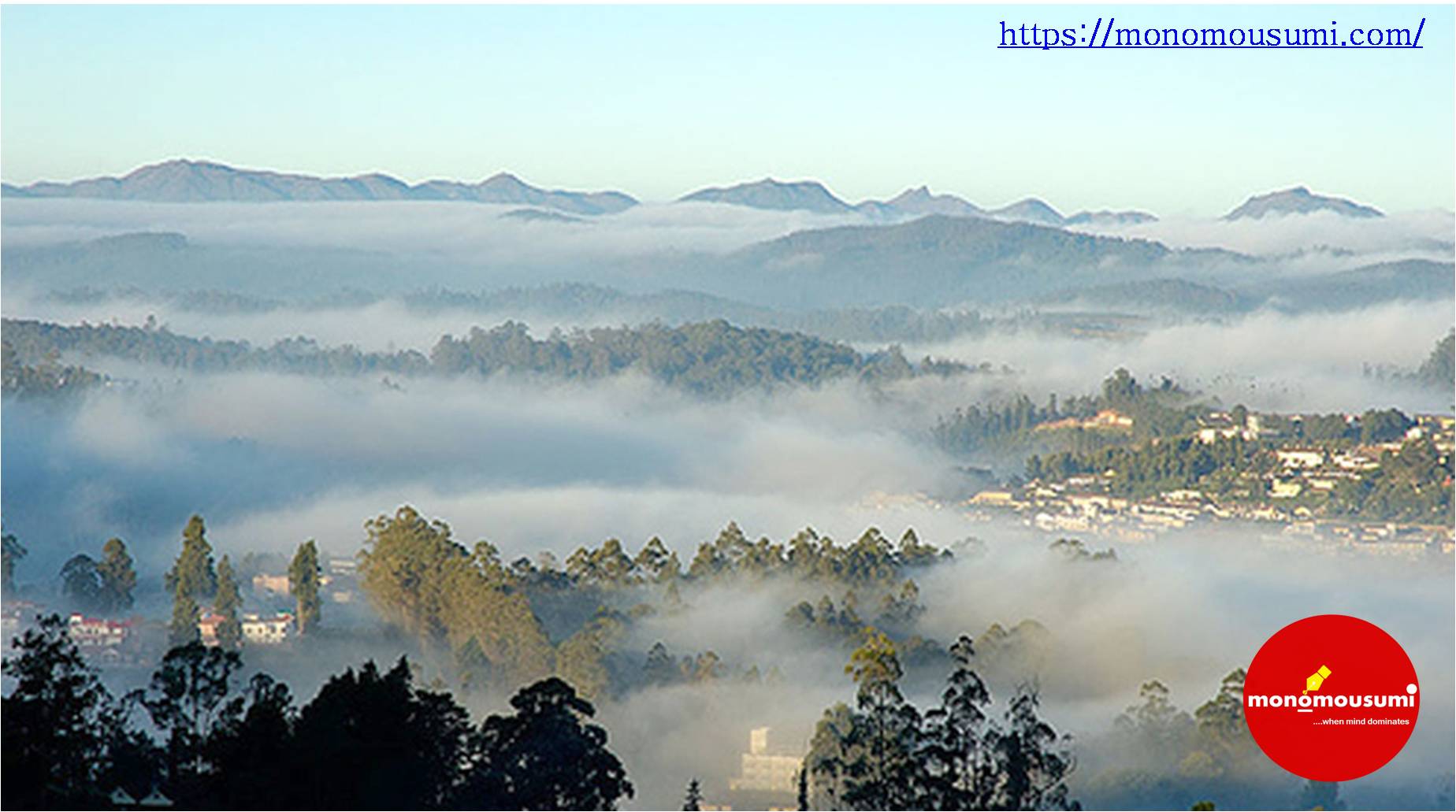
Birth
Birth from the Ash
The music “Shono Ekti Mujiborer Theke” gently played in the hearts of the Bengalis, igniting an inner fire that burned brighter than the flames that had devoured their country. The horrors of the 1971 Bangladesh Genocide, which are frequently eclipsed by other world crises, serve as an absolute reminder about the effects of linguistic and cultural discrimination. The atrocities that took place in what was formerly East Pakistan but is now Bangladesh altered South Asia’s geopolitical environment and damaged humanity’s collective conscience.
Despite being part of the same country, Pakistan, the two regions were separated by over a thousand miles of Indian territory and vast ethnic differences. The Bengali-speaking population of East Pakistan soon found themselves marginalized and discriminated against by the ruling authorities in West Pakistan. Moreover, East Pakistan received little investment and development in return for providing most of the country’s revenue, which increased feelings of exploitation and injustice.
The Bengalis were denied the right to use their language in official capacities, which led to the Bengali Language Movement in 1952. This movement was their desperate cry for recognition and respect in the brutal phase of systematic suppression.
The political climate in Pakistan grew more unstable in the 1960s. Sheikh Mujibur Rahman’s Six Point Movement demanded autonomy for East Pakistan. The West Pakistani government violently suppressed this movement, raising Mujibur Rahman’s concern in the Agartala Conspiracy Case. The movement gained momentum once he was freed, and the Awami League triumphed handily in the 1970 elections with him at the helm. However, their differences broadened.
The Pakistani government refused to recognize the results of the March 1971 election because it did not want to give the Awami League any more authority. In response to this contempt for the principles of democracy, there were many protests and riots in East Pakistan. The Pakistani military responded by launching Operation Searchlight, a violent effort to put an end to the independence movement. Targeting citizens, students, and intellectuals, the Pakistani Army carried out crimes with the help of pro-Pakistani militias.
The Pakistani Army called back butchers from Balochistan to hunt and kill those seeking independence. Dhaka University became a slaughterhouse, with Pakistani troops executing at least 10 teachers and 100 students in one single night. Between 200,000 and 3 million Bengalis were murdered in terrible crimes, while up to 400,000 Bengali women were victims of sexual assault. Mass graves marked the land, and whole communities were destroyed.
In response Mukti Bahini, a Bengali rebel force that was crucial to the resentment of Pakistani military efforts, was one of the most compelling events in the conflict. The Mukti Bahini, who were mostly civilians, took up guns, cut off communication, and launched surprise attacks against more powerful Pakistani soldiers.
Their actions not only sustained the fighting spirit and the flare of hope in Bangladesh but also gave the Indian military vital information and tactical support, which allowed for the quick and conclusive victory in December 1971. The wartime covert operations, like “Operation Jackpot,” demonstrated the resourcefulness of the Bengali militants.
The Mukti Bahini warriors received intense training, sometimes in difficult circumstances and under the cover of darkness, which played a significant role in the success of such operations.
The genocide was being seen by a shocked globe. 10 million Bengali migrants flooded into India as a result of the refugee crisis, adding yet another tragic aspect to the already miserable situation. Under Prime Minister Indira Gandhi, the Indian government was confronted with a severe humanitarian crisis. India made the decision to get in despite the geopolitical concerns.
By training young Bengali refugees for combat diving, the Indian Navy’s secret Operation X weakened Pakistan’s military position and disrupted its supply routes. History was altered by India’s successful military campaign, which began in December 1971. Pakistan appealed for a cease-fire, but India persisted, determined to put a stop to the suffering. On December 16, 1971, Pakistani soldiers unconditionally surrendered, bringing an end to the conflict. Bangladesh was born from the ashes of East Pakistan.
Blood’s prediction of the “good will of the Awami League” was held to be true. Bijoy Dibosh is now the day of celebration for Bangladesh’s independence and victory. It’s also a day to recognize the suffering and deaths of millions—the cost of freedom. The liberation of Bangladesh was indeed a historic event, but their road was full of thorns and spikes.
Their independence was marked by political unrest, which included military rule and the murder of Sheikh Mujibur Rahman, the country’s first president. Bangladesh is still dealing with the long-term repercussions of the genocide, including societal trauma and economic challenges. The Bangladesh genocide was an unsettling reminder of the hazards of cultural and linguistic oppression and the significance of respecting all communities and cultures equally within a nation.
It emphasized the awful outcomes of economic and political exclusion as well as the critical role that international action plays in both preventing and responding to mass infractions and genocides. As we reflect on the Bangladesh genocide, we are reminded of the words of the Bengali poet Rabindranath Tagore. “The highest education is that which does not merely give us information but makes our lives in harmony with all existence.” The unforgettable past of the Bengalis was buried by the world, but that dreadful memory always persisted in the souls of the survivors.
“Divide and Rule” was the foundation of the British Imperial Rule that sowed the seeds of division to prevent any upcoming unified threat to their empire. Nobody has been able to amend them to this day because of the divisions we made over language and religion. These grievances have resulted in the deaths of thousands of people.
The principles of “non-violence” were left for us years ago by great leaders, but they are the ideas that no one has been able to utilize in their lives to the fullest. It is unfortunate that, after the passage of countless years, we continue to ask ourselves the same question: Is war the solution? Are we so engulfed in our hate that we fail to see insanity when it presents itself? Will our elders ever take pride in the way we developed? The Bangladesh genocide crisis will always serve as a testimony to our being liberal, equal, and fraternal.
Given that God created us, that we are human, and that we should always act with humanity, we must all respect one another. Nobody should ever be victimized by us because of who is superior to us or inferior to us.
By: Aarushi Raj
Write and Win: Participate in Creative writing Contest & International Essay Contest and win fabulous prizes.


